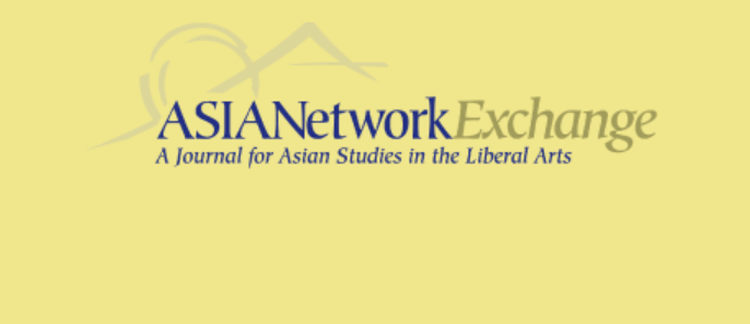Abstract
Following the renewal of economic and social relations between Taiwan and Mainland China, economic and social integration between the two sides of the Taiwan Strait has led to an advanced state of interdependence. Scholars of integration have argued that economic integration has the potential to spill over into politics, catalyzing political unification. However, as unification has failed to appear, scholars have sought alternative frameworks for understanding the conditions necessary to facilitate unification. Drawing on the “linkage community” integration framework, which outlines a group of people with ties to both sides of the Taiwan Strait and the ability to influence policymakers as a primary variable for understanding the potential for unification, this paper examines the political activity of organizations for Taiwanese students at Mainland Chinese universities (taisheng). Based on data collected through informal interviews with Taiwanese students and officials conducted between October 2012 and August 2013, this paper presents information on the situation of Taiwanese students in Mainland China and argues that they have little potential to drive unification. It concludes that better understanding of the intersection of identity and interests in the cross-Strait context is essential to understanding the relationship between Taiwan and Mainland China and the unification of divided nations more generally.
Keywords
taisheng, cross-strait relations, unification, integration theory, student organizations, student activism, Taiwan, China
How to Cite
1275
Views
654
Downloads
1
Citations
